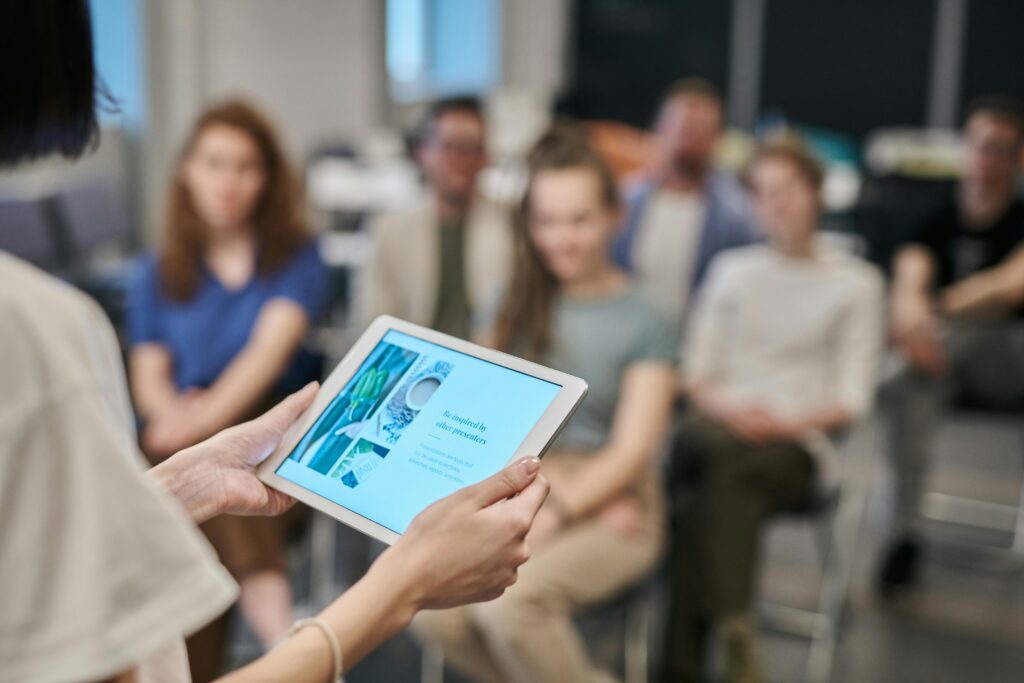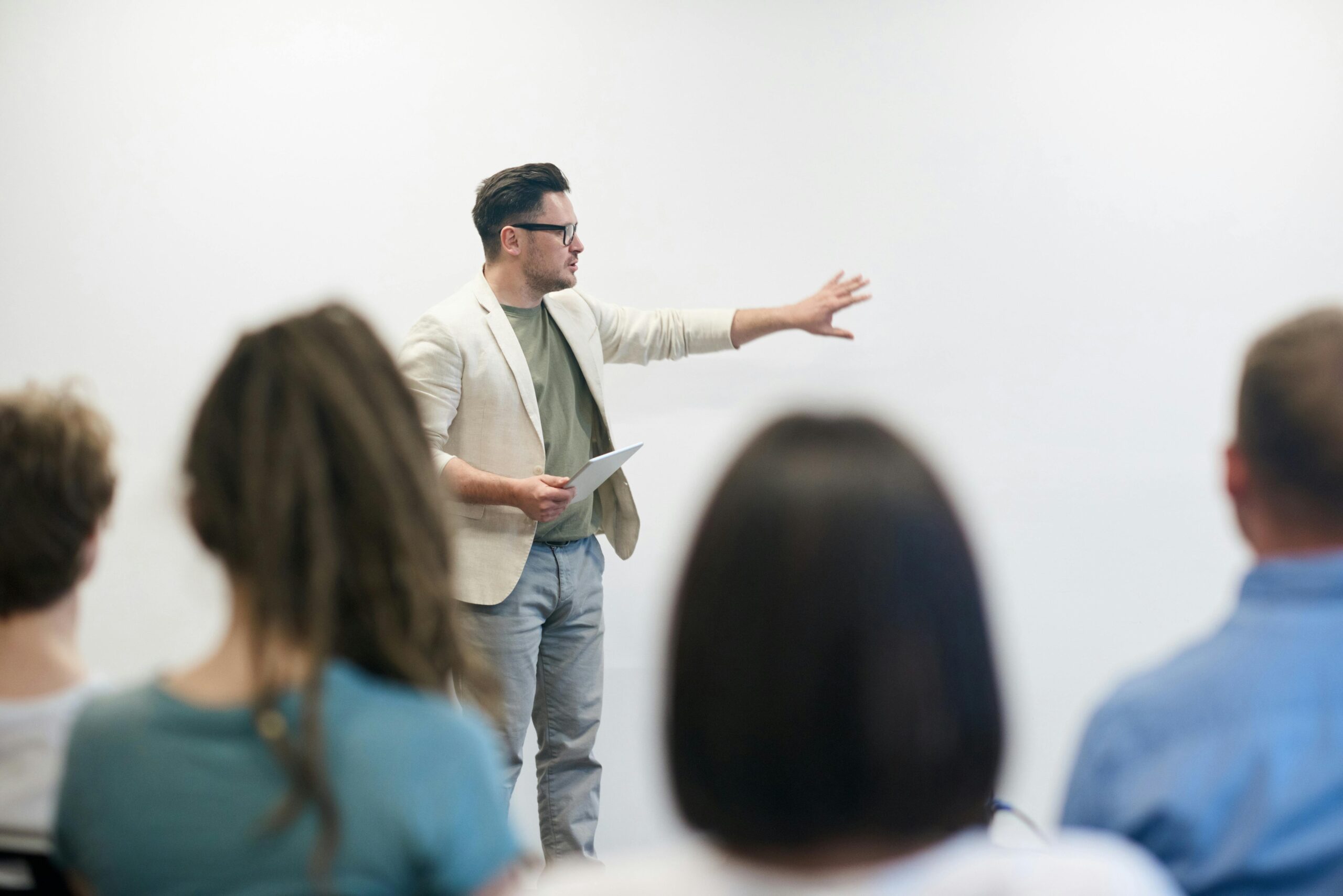This week, OpenAI, the company behind ChatGPT, hosted the first Higher Education Forum in San Francisco, which brought together a small group of academics, researchers, and university administrators to discuss how artificial intelligence is transforming higher education.
The event was part of OpenAI’s Education Forum Guild, a recently launched initiative designed to establish an ongoing network of collaboration between academic institutions and AI researchers.
Doreen Mayrell, Ed.D., a curriculum designer and academic AI prompt engineer, shared on LinkedIn that she was asked to share the outcomes of her AI-powered flipped classroom model for College Algebra, a course with low national pass rates.
According to Mayrell, the approach “significantly improves performance,” and the gathering offered an opportunity to connect with people “who care deeply about making education more personal, equitable, and engaging.”
Faculty presentations highlight real-world applications of AI
Throughout the day, OpenAI executives and educators gave presentations and conducted tabletop exercises. The sessions covered teaching, research, and institution-wide AI integration, including one on humanising AI in the classroom and another on AI-enabled discovery in the humanities and social sciences.

Many of the faculty members shared examples of how AI is already reshaping lesson delivery and student engagement. From using generative AI tools to automate grading and feedback to designing personalized learning assistants for students struggling in STEM courses, presenters emphasized that AI is no longer theoretical — it’s a hands-on component of daily academic life. Universities are experimenting with innovative pilot projects that measure how AI can reduce administrative burdens and improve learning outcomes. The presentations also highlighted how faculty are balancing innovation with ethical considerations, ensuring that AI tools align with institutional values and support inclusive learning environments.
On LinkedIn, Tim Mousel, a professor and department chair at Lone Star College, described being selected from more than a thousand applications as “an honour.” He described the event as an opportunity to “attend innovative presentations” and “participate in roundtable discussions regarding the future of artificial intelligence in higher education.”
Furthermore, Mousel emphasised the significance of the informal networking that took place in addition to formal meetings and mentioned a discussion with Kevin Weil, Vice President of AI for Science at OpenAI. These conversations, he asserted, were just as helpful as the scheduled programming.
OpenAI fosters collaboration with the Education Guild
According to event materials, the Forum started an ongoing project to connect OpenAI scholars with teachers experimenting with AI-powered teaching methods. It was encouraged to co-create case studies and resources that would be shared with the greater higher education community.
The initiative aims to build a bridge between academic theory and practical application by fostering a space where educators can openly exchange ideas, results, and challenges. Participants noted that such collaborations are vital for developing shared ethical frameworks, standardized AI literacy programs, and transparent evaluation methods. The Education Guild will also serve as a feedback loop for OpenAI, allowing it to refine its educational tools based on real-world classroom experiences. This collaboration underscores a growing belief that the future of AI in education will depend not only on technology but on the strength of partnerships between technologists and educators.
The program included talks by academics from various colleges, including Miami Dade College, Brown University, UC Berkeley, and the University of Cambridge, in addition to internal sessions led by OpenAI’s scientific and education teams.
In her article, Mayrell examined the importance of collaboration in shaping the future of AI in education. “Learning from incredible people who care deeply about making education more personal, equitable, and engaging is an incredible experience,” she said.
